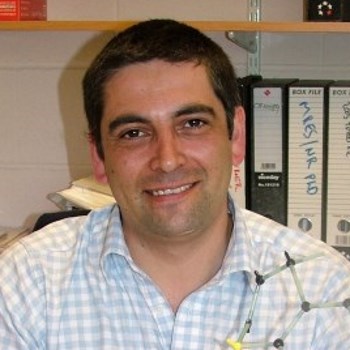Links to external sources may no longer work as intended. The content may not represent the latest thinking in this area or the Society’s current position on the topic.
The sustainable planet: opportunities and challenges for science, technology and society
Organised by Professor Judith Howard CBE FRS, Professor Ash Amin FBA, Professor Martyn Chamberlain and Professor Matthew Davidson
This meeting will review global sustainability in the context of: climate change; supply of essential materials, food and energy; and new disease patterns. The challenges to global societies will be discussed and the potential of advances in biology, chemistry, physics, medicine, energy technology and materials science to ameliorate these problems will be considered, together with the intrinsic limits of wholly scientific solutions.
The programme is available to download (PDF).
Biographies and audio recordings are available below.
The proceedings of this meeting are due to be published in a future issue of Philosophical Transactions A.


